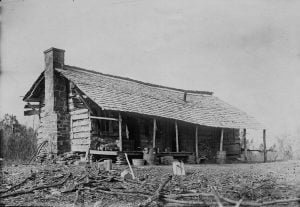Biography of Andrew J. Snelson, M. D.
Dr. Andrew J. Snelson, who has been actively and successfully engaged in the practice of medicine and surgery in northeastern Oklahoma during the past two decades, has continuously maintained an office in Checotah since 1908 and is numbered among the leading representatives of the profession here. His birth occurred in Johnson County, Arkansas, on the 1st of January, 1862, his parents being John and Cynthia S. (Davis) Snelson, both of whom were natives of Overton county, Tennessee. The father enlisted for service in the Confederate army at the time of the Civil war and was killed in battle at Camden, … Read more

